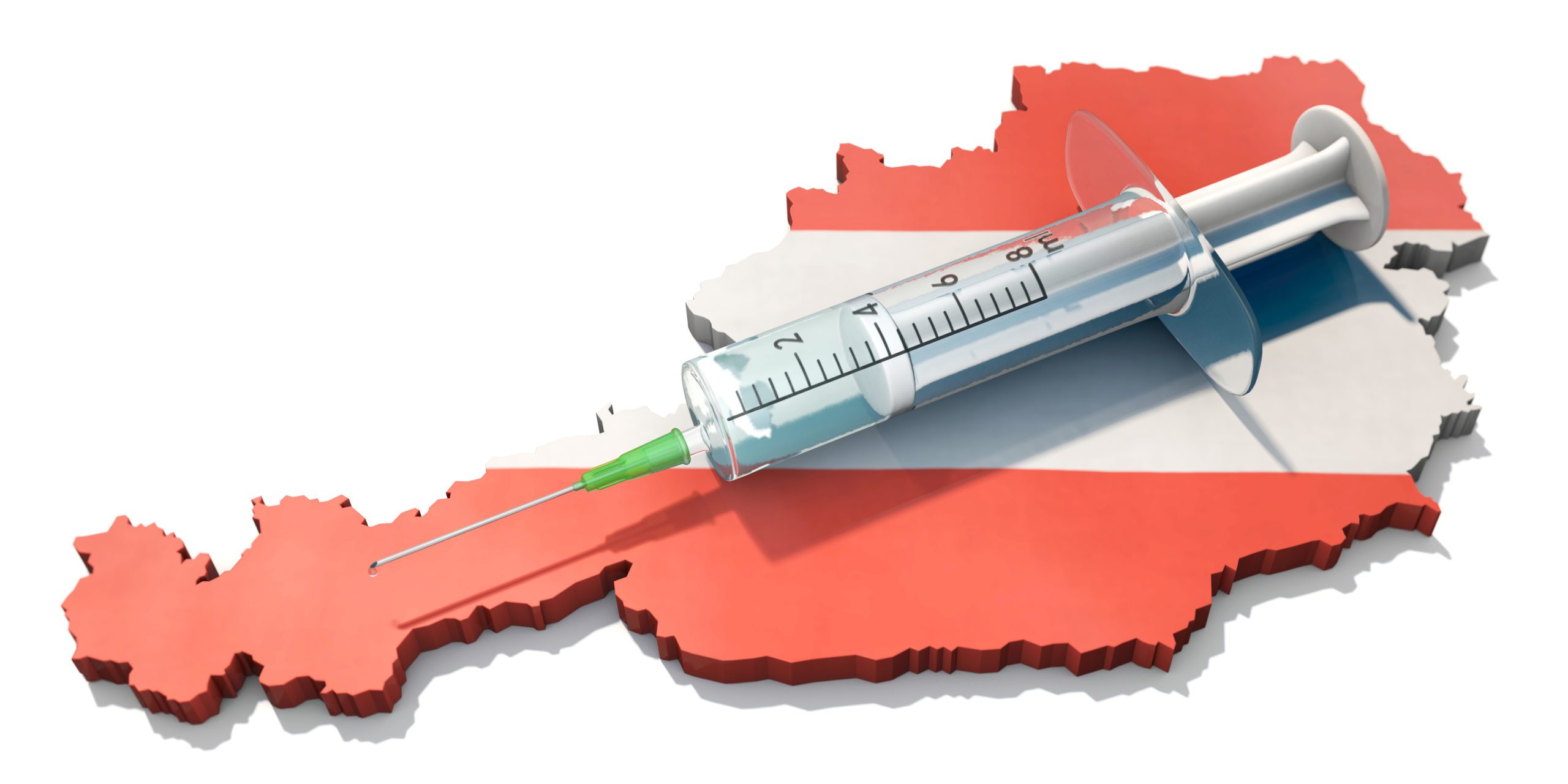
The general mandatory COVID vaccination introduced in Austria in February is history. When the obligatory vaccine was announced in November 2021, members of the government at the time hoped to lead the way for other European nations. A little more than half a year later, it became apparent that no one had followed suit. After “suspending” mandatory vaccination earlier in March—meaning it was legally valid but not enforced—Austria decided to abolish the vaccination mandate altogether. The corresponding proposal is to be confirmed in parliament at the beginning of July.
“Mandatory vaccination did not convince additional people to vaccinate.” That was the sober observation of August Wöginger, club chairman of the Christian-Democratic ÖVP. In view of the milder Omikron strain, the vaccination mandate had become a source of social division. Health Minister Johannes Rauch of the Green Party therefore also pleaded for “abandoning the trenches and building bridges.”
Austria must get out of “disaster mode,” Rauch said, and instead, enter the phase where we learn to “live with the virus.” Only by breaking the vicious circle of “the escalation of words” would it be possible to come to grips with previously neglected side-effects, such as the numerous mental illnesses resulting from the COVID measures.
The end of the mandatory vaccination law, however, doesn’t mean other measures and mandates are off the table. The government announced its intention to implement an “overall plan of variants” at the end of August, in which the course of action for the coming school year is to be outlined. The government representatives emphasized that vaccination is still “highly effective.” Regarding inquiries about whether a 4th shot will be officially recommended, Health Minister Rauch referred to an upcoming announcement by the commission of experts.
Of those experts, many welcomed the abolition of compulsory vaccination. One member of the vaccination commission, Herwig Kollaritsch, said at this stage there was no medical argument to be made for mandatory vaccination, as a result of which he did not regret the abolition of the mandate. Instead, he suggests considering a specific vaccination mandate based on age or occupation, instead of a general one.
The Viennese health councilor Peter Hacker of the Social-Democratic SPÖ did not regret the abolition of the vaccine mandate either, as he succinctly called it “not a big hit.” However, he, too, has already announced that the next wave of measures might be due in autumn. In addition to an extension of the mask requirement, he also pointed to the so-called ‘2G’ rules, i.e. regulations that only allow vaccinated or recovered persons to enter certain events or premises, as one of the possible measures for the autumn.
Whether the end of general mandatory vaccination marks the turning of the tide in terms of COVID measures remains to be seen, and depends on the continued efforts of citizens and politicians of the opposition. The emphasis on renewed measures in autumn may well be part of an exit strategy of a government trying to save face, but might just as well turn into a fresh frenzy when the opportunity arises.
This is also what FPÖ leader Herbert Kickl warned against. Kickl welcomed the end of mandatory vaccination as a necessary step in the right direction, but in the same breath also called for the end of COVID measures altogether, as they could be used by the government to introduce “compulsory vaccination via the back door.” He called upon Austrians to “take to the streets” to continue resisting further measures, and announced that the FPÖ would “keep up the pressure” until “the measures are abolished.”
